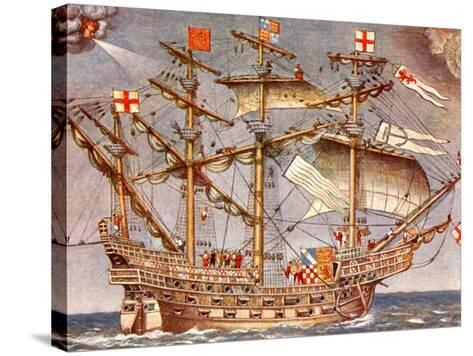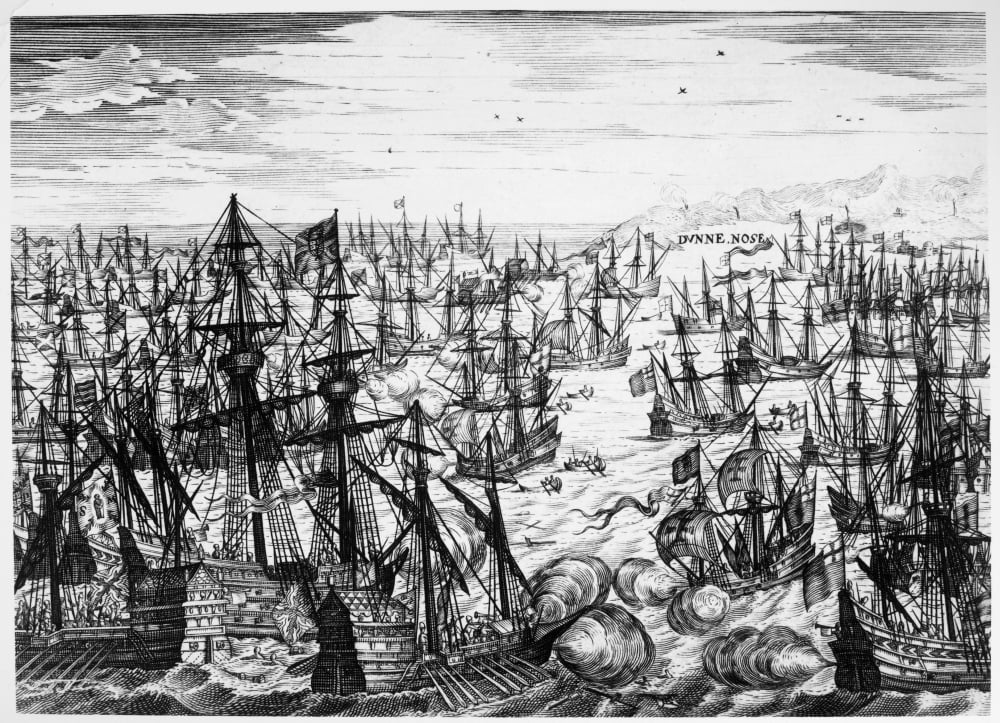
Thus from soon after the French revolutionaries guillotined King Louis XVI in 1793 until Napoleon Bonaparte's final defeat at the hands of the Duke of Wellington at the battle of Waterloo in June 1815, Europe was at war - with only one brief period of peace in 1802-3 which was recognised by both sides as a mere breathing-space. Liberté, Egalité and Fraternité could only be imposed in the wake of French armies marching literally from one end of the continent of Europe (Portugal) to the other (Russia). Yet they had this central paradox: the international utopia that they proclaimed could only be applied to countries beyond France by that most nationalist of engines: the Grand Armée.

The Declaration of the Rights of Man promulgated by the Assemblée Nationale during the opening stages of the French Revolution required the unanimity of the globe for their achievement they brooked no geographical frontiers but were held to be applicable to all people in all countries. In those 26 years, Western Europe was faced with the huge emerging concepts of post-Enlightenment thought - Liberalism, Nationalism, Equality, human perfectibility, Revolution versus Reaction, Legal Codification, Franchise Reform, Secularism, the Abolition of Slavery, and more - but fortunately she was also granted giants to guide her through the morass.

The period between the fall of the Bastille on 14 July 1789 and the surrender of Emperor Napoleon I on 15 July 1815 was an era in which the greatness of the ideas and issues placed before Mankind was matched by that of the personalities who also shaped the age.

Read more THE AGE OF NELSON, WELLINGTON AND NAPOLEON VAT rate of 5% is payable on hammer price plus buy…


 0 kommentar(er)
0 kommentar(er)
